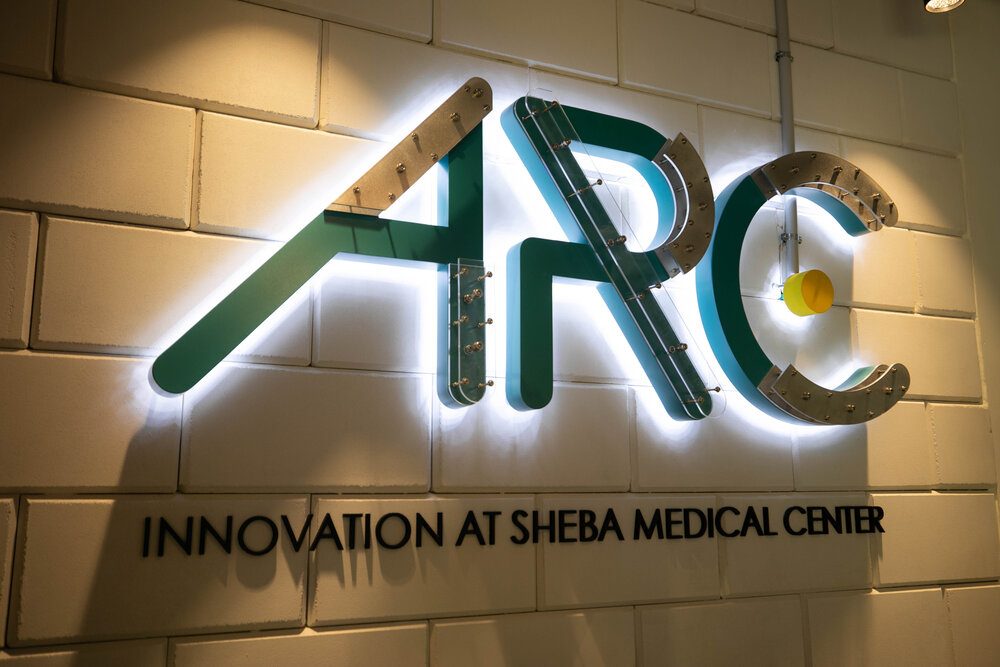
What You Should Know:
– ARC, the global transformation engine and innovation arm of the world-leading Sheba Medical Center, in conjunction with the hospital’s Infectious Diseases Research Laboratory, today announced that it will be sending a Israeli scientific experiment to the International Space Station (ISS) this week.
– The ARC Space Lab experiment will explore how the extreme conditions of space, particularly microgravity, affect the genetic behavior of bacteria known to cause disease in humans.
Bacterial Changes in Microgravity
Researchers will analyze how space conditions impact gene expression related to virulence and antibiotic resistance. After growth under microgravity, the bacteria will be stabilized, frozen at -80°C, and returned to Earth for molecular and transcriptional analysis and direct comparison to bacteria grown simultaneously in an identical lab setup on Earth.
It is well-documented that bacteria behave differently in space, often growing faster and displaying altered characteristics. Astronauts on long-duration missions are more prone to infections, likely due to a combination of microgravity, radiation, stress, and changes in the human microbiome. These challenges make microbiology and immunology vital components of modern and future space medicine.
In a previous ARC Space Lab study, the team examined bacterial conjugation, a process through which bacteria transfer DNA and gain new traits. Contrary to expectations, they found that space conditions reduce the ability of bacteria to acquire antibiotic resistance, a finding that drew significant interest in both the infectious diseases and space research communities. The results of that study were published in the international peer-reviewed journal Microbiology Spectrum.
The joint mission by NASA and SpaceX is scheduled to launch from NASA’s Kennedy Space Center in Florida on July 31, 2025, at 12:09 PM EDT, as part of Crew-11. This marks the second ARC Space Lab experiment, and the first to take place at the ISS, developed in collaboration with the U.S.-based space technology company SpaceTango.
“To understand the limits of medicine, we sometimes need to go beyond the limits of Earth. Our experiment in space examines how bacterial behavior changes under extreme conditions and what that means for human health—not just for astronauts, but also here on Earth. This is part of ARC’s mission to shape the future of medicine, wherever it’s needed,” said Prof. Eyal Zimlichman, Chief Transformation, Innovation, and AI Officer, and Director of ARC at Sheba Medical Center.
